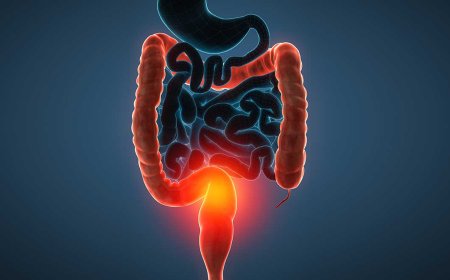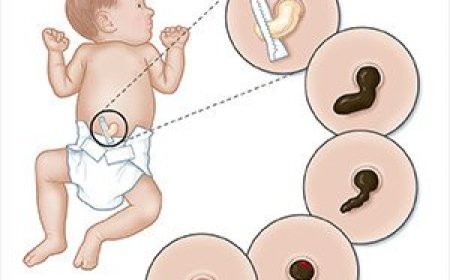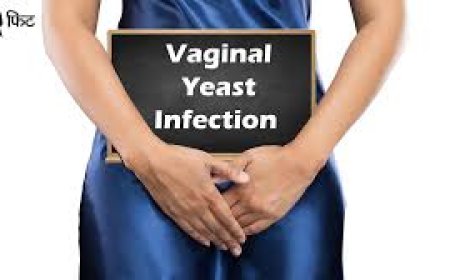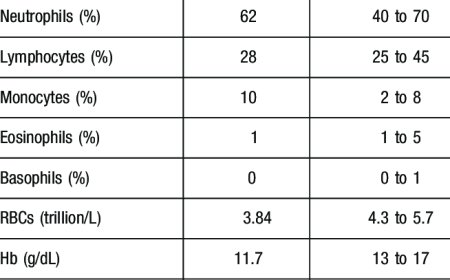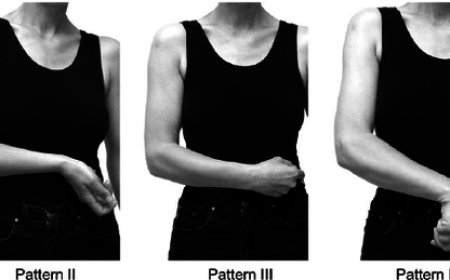Baby Hygiene
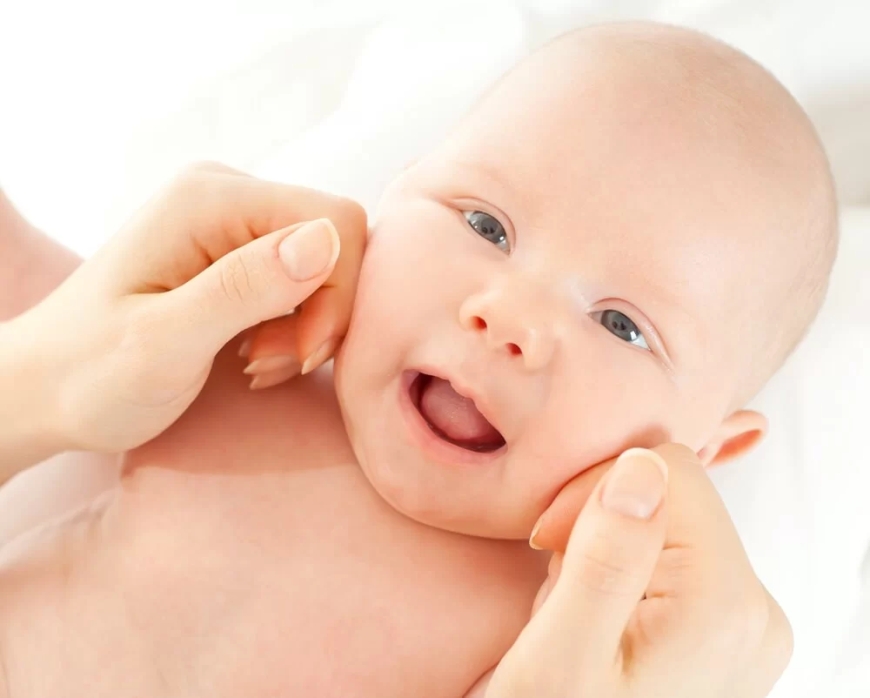
Introduction:
Keeping a baby clean and healthy is of utmost importance, especially in a country like India, where various environmental factors can impact a child's well-being. Baby hygiene involves maintaining cleanliness and taking preventive measures to ensure the health and well-being of infants and young children. In this article, we will explore what baby hygiene is, its classification, signs and symptoms, causes, risk factors, types, diagnostic tests, treatments, and prevention techniques in simple language for 10-year-old children to easily understand.
What Is Baby Hygiene?
Baby hygiene refers to the practices and routines put in place to keep babies clean and healthy. This includes activities such as bathing, diapering, handwashing, and maintaining a clean environment around the baby.
How Is Baby Hygiene Classified?
Baby hygiene can be classified into three main categories:
-
Personal Hygiene: This involves cleaning the baby's body and maintaining good habits, such as regular handwashing and brushing teeth (when the baby has them). Example: Bathing the baby regularly, cleaning the baby's hands before meals and after using the toilet.
-
Environmental Hygiene: This refers to keeping the baby's surroundings clean and safe, reducing the risk of infections and diseases. Example: Regularly cleaning and disinfecting toys, baby furniture, and living areas.
-
Food Hygiene: This involves ensuring that the food given to the baby is safe and prepared hygienically. Example: Washing fruits and vegetables thoroughly before feeding the baby, storing baby food in clean containers.
Signs and Symptoms:
Poor baby hygiene can lead to various problems, and some signs to look out for include:
- Diaper rash: Red, irritated skin in the diaper area.
- Skin infections: Rashes, boils, or fungal infections on the skin.
- Bad breath: Could indicate oral hygiene issues.
- Gastrointestinal issues: Stomachache, diarrhea, or vomiting due to contaminated food or dirty hands.
Causes and Triggers:
Baby hygiene issues can be caused by several factors, including:
- Inadequate cleaning and bathing practices.
- Using dirty diapers or not changing them frequently.
- Feeding the baby unhygienic or contaminated food.
- Exposing the baby to unclean surroundings.
Risk Factors with Examples:
Some risk factors that can contribute to poor baby hygiene include:
- Lack of clean water for bathing and handwashing.
- Poor sanitation facilities.
- Overcrowded living conditions, which can lead to the spread of infections.
- Unhygienic food preparation practices.
Types of Baby Hygiene with Detailing for Each Type:
-
Bathing: Bathing your baby regularly helps keep their skin clean and fresh. Use lukewarm water and mild baby soap. Gently wash their body and pat them dry with a soft towel.
-
Diapering: Change your baby's diapers frequently to avoid diaper rash and discomfort. Clean the diaper area with water or baby wipes, and apply a thin layer of diaper cream to prevent rashes.
-
Handwashing: Regularly washing your baby's hands prevents the spread of germs. Use soap and water, and help your baby rub their hands together.
Diagnostic Tests and Treatments with Descriptions:
-
Skin Culture Test: If a baby has persistent skin infections, doctors may take a sample from the affected area and conduct a skin culture test to identify the specific bacteria or fungus causing the infection. This helps determine the appropriate treatment, which may include antibiotic or antifungal creams.
-
Stool Test: If a baby experiences gastrointestinal issues like diarrhea or vomiting, a stool test may be performed to identify any infections or parasites. Based on the results, the doctor will recommend suitable medications and rehydration solutions.
Complications and Prevention Techniques:
Poor baby hygiene can lead to various complications, such as infections, rashes, and gastrointestinal issues. To prevent these problems, follow these simple hygiene practices:
- Wash your hands before and after handling the baby.
- Use clean water for bathing and cleaning.
- Dispose of diapers properly.
- Ensure the baby's surroundings are clean and safe.
- Prepare and store baby food with hygiene in mind.
Baby hygiene is crucial for the health and well-being of infants and young children in India. By maintaining good personal, environmental, and food hygiene practices, parents and caregivers can protect their little ones from infections and ensure a happy and healthy childhood. Regularly practicing these simple hygiene habits will go a long way in keeping babies safe and thriving.
What's Your Reaction?
 Like
0
Like
0
 Dislike
0
Dislike
0
 Love
0
Love
0
 Funny
0
Funny
0
 Angry
0
Angry
0
 Sad
0
Sad
0
 Wow
0
Wow
0


























































